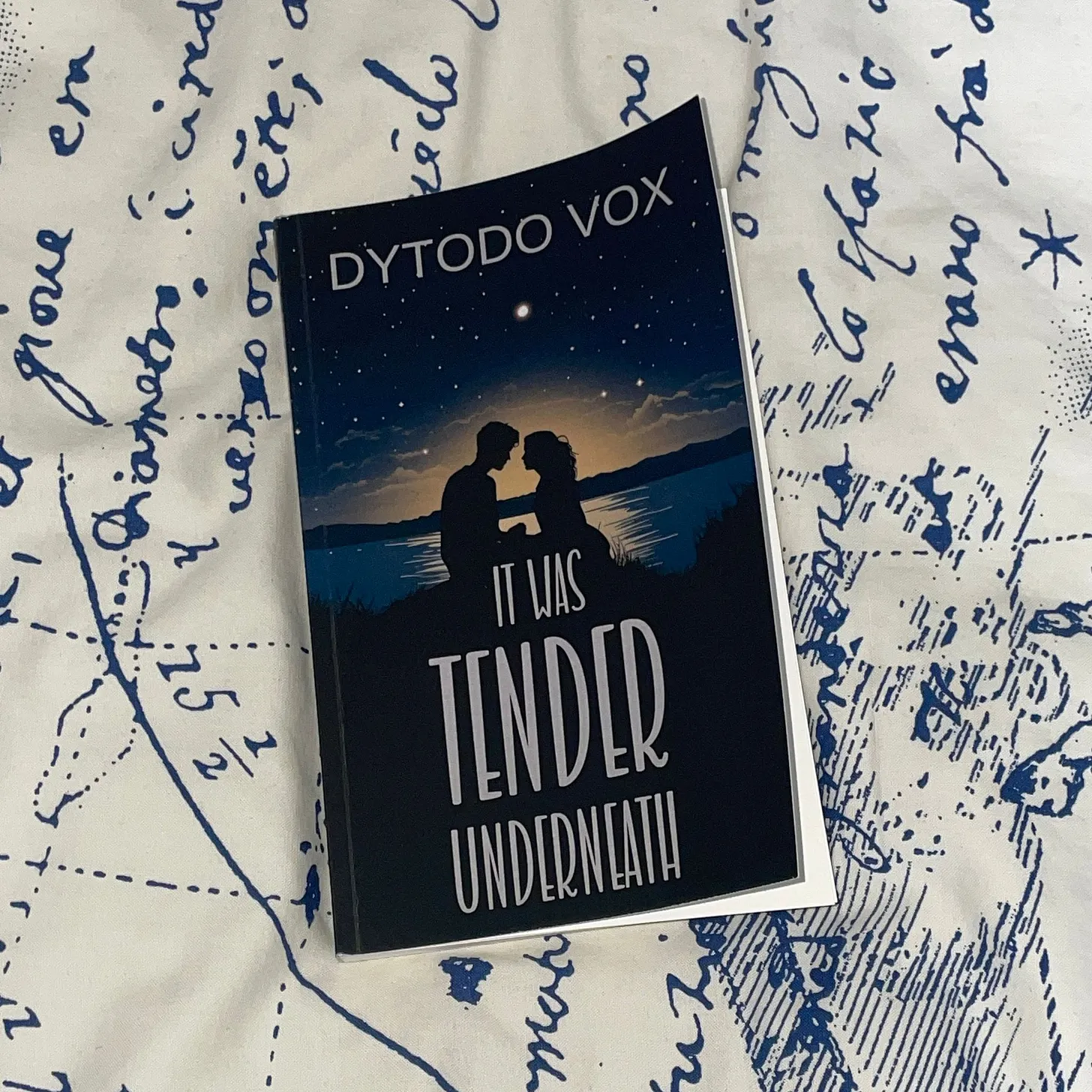Is Hybrid Publishing The Best Option for Authors?

This is publishing’s version of a combo deal.
Hybrid publishing is a form of publishing that combines some aspects of traditional publishing and self-publishing. The author pays an upfront investment to a reputable publisher who then assists them with editing, distribution, marketing, etc. In return, the author receives a higher royalty rate than in traditional publishing, maintains creative control and retains rights over their work.
Hybrid publishing can be a viable option for authors who want to have a professional team behind their book, but also want to have more say in how their book is presented and sold. However, hybrid publishing is not without its challenges and risks. Here are some basic steps, pros, cons, and pitfalls to consider before pursuing hybrid publishing.
Basics Steps For Pursuing Hybrid Publishing
1. Research different hybrid publishers and compare their services, fees, contracts, and reputation.
Look for publishers that specialize in your genre or niche, have a clear and transparent business model, and have positive reviews from other authors.
2. Submit your manuscript or proposal to the hybrid publishers that interest you.
Follow their submission guidelines and be prepared to pitch your book and explain why you think it is a good fit for their list.
3. Negotiate the terms of the contract with the hybrid publisher that accepts your book.
Make sure you understand what services they will provide, how much they will charge, how they will pay you royalties, and what rights you will retain or grant them. Seek legal advice if necessary.
4. Work with the hybrid publisher to edit, design, print, distribute, and market your book.
Be involved in the process and communicate your expectations and feedback. Be ready to invest time, money, and effort in promoting your book to your target audience.
5. Monitor the sales and performance of your book.
Keep track of your royalties and expenses, and evaluate the return on your investment. Be prepared to adjust your marketing strategy or switch to another publisher if needed.
Pros of Hybrid Publishing
1. You can benefit from the expertise and resources of a professional publisher, such as editing, design, printing, distribution, and marketing.
2. You can earn higher royalties than in traditional publishing, since you are sharing the costs and risks with the publisher.
3. You can have more creative control and flexibility over your book than in self-publishing, such as choosing the cover design, price, format, release date, etc.
4. You can retain more rights over your book than in traditional publishing, such as the copyright, foreign rights, audio rights, etc.
5. You can build your author platform and credibility with the help of a publisher’s brand and network.
Cons of Hybrid Publishing
1. You have to pay a fee to the publisher upfront or share a percentage of your sales revenue with them.
2. You have to bear some or all of the financial risk of publishing your book, since there is no guarantee that you will recoup your investment or make a profit.
3. You have to do some or all of the work of self-publishing your book, such as finding a suitable publisher, negotiating a contract, managing the production process, and marketing your book.
4. You have to deal with the stigma and confusion that some readers, reviewers, booksellers, and industry professionals may have about hybrid publishing.
Author Beware: You have to beware of predatory or unscrupulous publishers who may charge exorbitant fees for low-quality services (oftentimes, no services at all) or take advantage of your rights or royalties. These are known as Vanity Presses (or Subsidy Publishers)
Find out why NEVER to publish with a Vanity Press HERE.





